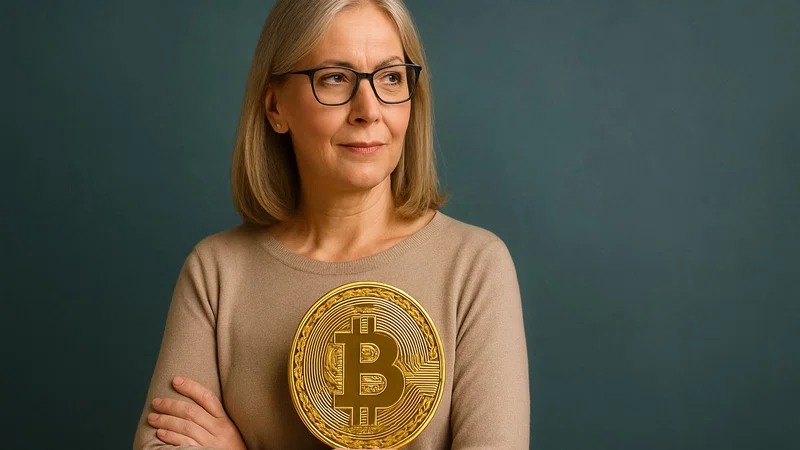Money is emotive. Especially if you don’t have much of it. That’s why financial education is such an appealing prospect for so many. Whether it’s cryptocurrency or stocks and shares, it whispers the potential to save you, solve your problems, make life better. Unfortunately, scammers know this. They can see the desperation that people feel to gain financial control, and they take advantage of it. Which is sad, because good financial education can benefit anyone, it just can’t do it overnight. That’s why it’s so important that people learn how to identify scammers before choosing to invest in investment.
What do financial education scams look like?
There are three main financial education scams doing the rounds at present. The most prevalent are the people selling products that promise high returns for very little effort, typically automated trading tools. Then, you have the brokerage scams and the education scams. All of them are devised to get people to part with their money for zero return. On top of that, you also have the ‘”finfluencers”; the social media posters who deliver “financial advice” without any particular foundation, often because they’re being paid to promote a certain product or service. Often to simply get more likes. And that’s why social media is the worst place you can go for financial advice.
Why do you find so much bad financial advice on social media?
Blame it on the algorithm
It doesn’t matter if you’re using TikTok, Instagram, Facebook, or LinkedIn, social media algorithms are designed to deliver the most popular content. If a post goes “viral”, it as deemed as high quality and so served to more people. Genuine financial advice tends not to be exciting, so the algorithm favours the outrageous claims and the charismatic creators.
Trust building
If you see something often enough, it’s easy to start believing it. That’s the problem with social media exposure. Because the more viral financial advice becomes, the more likely you are to hear it. And the more people who like it, the more likely you are to trust it.
Lack of regulation
Anyone can create a TikTok video on any subject and call themselves an expert. You could do it now, about health or parenting, and no one would be any the wiser. Because, unlike genuine financial advisers, TikTok posters aren’t governed by a code of ethics. You can dish out whatever advice you want, framing it as “the only way to…” lose weight… control your teens… get rich… and there’s no fallout if your miracle solution fails.
How can you protect yourself against scammers and bad advice?
For the most part, scammers prey on the desperate. So, the best thing you can do to avoid becoming a victim is to get your finances in order before you start looking to invest. When you have a savings buffer, decisions stop being so pressing. You can investigate the options for wealth building in your own time, finding the right solution to suit your needs. So, start saving, even if it’s just £10 a week. Because research shows that people who save a larger percentage of their income every month are less likely to fall for bad financial advice.
Then, when you are ready to start learning about your chosen area of investment, use the Three Verification Principle to check out potential prospects. Look at their online reputation, using Trustpilot and Reddit to find genuine customer reviews, only trusting platforms with at least 500 reviews. And use Grok to do a reputational search. And check if the person or business is registered and regulated. Although educational businesses aren’t always regulated because they don’t have to be, they should be related to a regulated entity, which means that they have to show you the average result of all their students and provide a way to verify every single one, as well as showing you both the good and the bad student reviews.
Understand your journey
If you want to learn how to trade, go into it with a clear idea of what you can expect. So, what you’ll learn, what’s involved, what you’ll have to put into it, how long it will take, how it might benefit you, and the likelihood that you’ll receive genuine benefit. It’s common on social media to see headlines like “From £20 to £200k: How my trading side hustle changed my life!” But the truth is never quite what it seems. Trading takes time, so if you want to emulate someone’s journey by joining their programme or following their advice, dig into the details and make sure you understand what they genuinely went through to get where they are. In most cases, it will be at least three times harder than they claim, and take three times longer. So, make sure that you’re ready for that.
Trading scams are popular because they can seem like the magic bullet. This amazing solution to all of your problems. And trading really does hold so much potential to help improve your financial well-being. But it takes time and effort to get there. So, don’t make rash decisions, and don’t listen to their pleas of urgency. Because if you take the slow route, saving your money, and doing your research, you’ll be in a much better position to make trading work for you.












